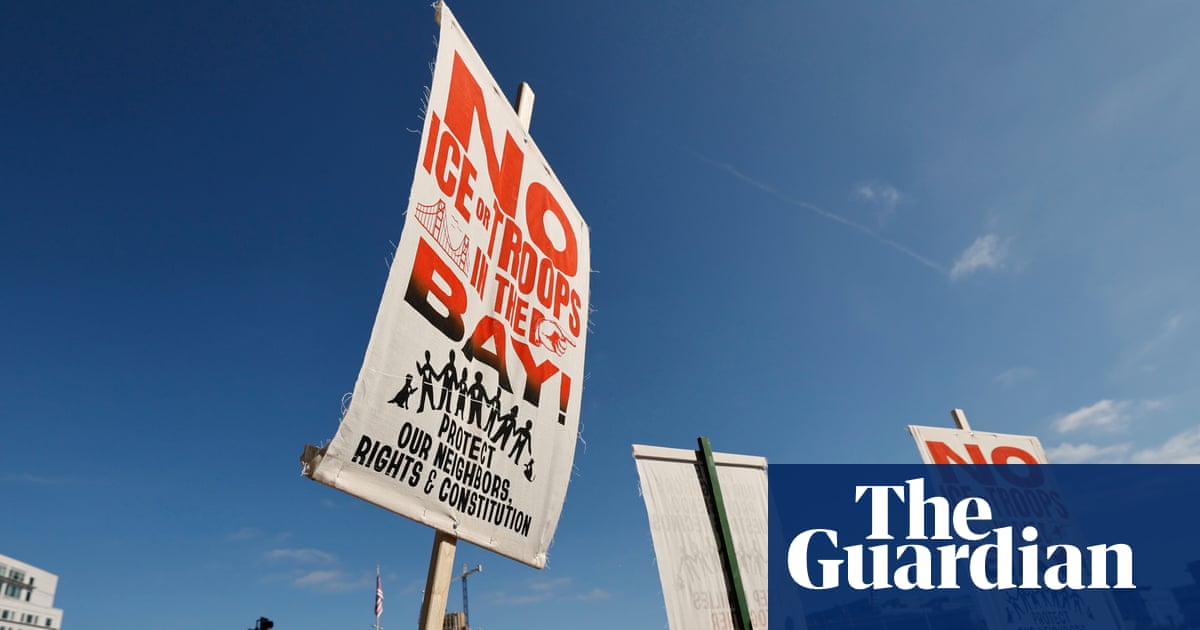Just a few months ago, Donald Trump sought to bamboozle the American people into believing that his One Big Beautiful Bill Act – with its trillions in tax cuts for the rich – was a legislative wonder stuffed with one marvel after another. But a Pew opinion poll in August found that millions of Americans have wised up about the measure and now view it as a big, unbeautiful monstrosity.
Many Americans have come to realize that Trump’s not-so-beautiful bill – instead of being filled with good things that benefit average Americans – is overflowing with big tax cuts for the wealthy as well as many unfortunate things that will hurt typical working families. As we saw in the town halls held across the US, many Americans are furious about some painful things that Trump and congressional Republicans inserted into the bill: cuts that will make health insurance more expensive, cuts that reduce food assistance, cuts that make it harder for students from working families to afford college. All this is bad news for working families who struggle to make ends meet.
President Trump and his administration can’t hide from the fact that many Americans detest the bill — 46% disapprove of it, while just 32% approve (23% say they’re unsure what they think). What’s more, 33% of Americans “strongly disapprove” of the bill.
Alarmed that the bill has become a public relations and political disaster, Trump and his allies have embraced a curious strategy to address that problem. Their strategy is not what you might hope – they’re not seeking to amend the bill to make it less painful for average Americans. Rather, their strategy is slick marketing: to simply rebrand the bill, to make it sound better. The White House is telling Republicans to stop calling it the One Big Beautiful Bill and instead call it the nice-sounding Working Families Tax Cut Bill.
Unfortunately, that name is another effort to dupe America’s working families. The bill gives 45% of next year’s tax cuts to the highest-earning 5% of US households, while just 1% of the tax cuts go the lowest-earning 20% of households. Under the bill, far more in net tax cuts, $117bn, will go to the wealthiest 1% of households next year than will go to the bottom 60% ($77bn).
If the White House and GOP lawmakers want to be accurate, they should call the bill the Billionaires’ and Millionaires’ Tax Cut Act. The bill gives a $13,622 tax cut to households in the top 10% by income, according to the non-partisan congressional budget office (CBO). The top 0.1% of households (those with income of more than $3.3m a year) will receive annual tax cuts of $103,500 on average, according to the Yale Budget Lab.
If you’re wealthy enough to have $15m in assets, the bill is very good for you. Under the bill, the first $15m in an individual’s assets are exempt from the estate tax, nearly triple the $5.5 million in pre-Trump days. For couples, the first $30m in assets will be exempt. Does anyone think that these sound like working family tax cuts?
Frankly, it would be more accurate to call the bill the Working Families Benefits Cut Bill. Containing a painful $1.4tn in Medicaid and other cuts that Republicans insisted on to help finance their tax cuts for the rich, the bill is filled with benefit cuts that hurt working families. Roughly 15 million Americans will lose health coverage and become uninsured because the bill cuts Medicaid funding and reduces subsidies for Obamacare.
Other results of the bill: 4 million people will lose some or all of their food aid, while 4.4 million students from working families might lose all or some of their federal aid to go to college.
“Who’s getting hit, who’s bearing the cost? It’s people with low and middle incomes, people that the president and many Republican policymakers promised to serve and support in the last election,” said Sharon Parrott, president of the Center on Budget and Policy Priorities.
President Trump is correct that the bill contains some tax cuts for working Americans – for instance, it increases the standard income tax deduction by $750 for individuals and $1,500 for couples. The bad news is that for tens of millions of families, the bill’s benefit cuts, especially on health coverage, outweigh the meager tax cuts that the bill gives non-affluent Americans. In many ways, Trump and GOP lawmakers are making this a shell game – they say you’re benefiting from tax cuts, but the fact is that because of the benefit cuts, millions of working families will end up worse off.
According to the CBO, Americans in the bottom 10% by income (averaging $23,751) will end up $1,214 worse off on average per year, while the next lowest 10% (averaging $43,092) will end up $392 worse off per year. Those in the third-lowest tenth ($54,453) will receive a mere $23 annual gain. Those in the fourth-lowest decile ($67,637) will see a very modest net gain of $379. Cutting through all these numbers, this shows that for tens of millions of families, the bill is a net loser or a wash.
“This really is a big, beautiful bill for billionaires, but for the poor and the working class in this country, you are actually poorer,” said the representative Brendan Boyle, the top Democrat on the House budget committee.
For those solidly in the middle class, the bill provides modest gains. Middle-class families earning between $86,000 and $108,000 would receive between $800 and $1,200, around 1% of income, the CBO says.
Since we’re discussing taxes, we shouldn’t forget Trump’s massive tariffs – they are unarguably a tax, a sales tax on imports that will hit working-class Americans hardest. The reason: the non-wealthy spend a higher share of their income on imports, whether on furniture, electronics or coffee, than the wealthy do. The Yale Budget Lab found that when one combines the effects of Trump’s tariffs and the One Big Beautiful Bill Act, 90% of American families will end up worse off. Seventy per cent of households will face losses ranging from $780 to $2,570 each year.
President Trump boasts that two provisions he championed – no tax on tips and no tax on overtime – will be great for working Americans. But those provisions will be far less helpful than people realize. Just 3% of US workers receive tips, and one-third of them earn so little that they don’t pay federal income taxes. So no tax on tips won’t help them.
No tax on overtime won’t help workers nearly as much as many think. The deduction applies only to the “half” in “time and a half” overtime pay. So if a worker earns $20 an hour and receives $30 per overtime hour, that worker can deduct only the $10 premium per overtime hour, not the full $30. John Ricco, an analyst at the Yale Budget Lab, says that for the bottom 40% of Americans by income, no tax on overtime will mean “less than a $10 tax cut per year” – “essentially a rounding error”.
By seeking to call this bill the Working Families Tax Cut Bill, Trump and the GOP are again seeking to hold themselves out as the best friends of American workers, even though Trump, since returning to office, has taken dozens of anti-worker actions. He halted enforcement of a regulation that protects miners from a debilitating, often fatal lung disease. He has stripped one million federal employees of their important right to bargain collectively and has torn up union contracts for hundreds of thousands. He fired the chair of the National Labor Relations Board (NLRB), leaving the nation’s top labor watchdog without a quorum to protect workers from companies’ unlawful anti-union actions. Trump is also pushing to end minimum wage and overtime protections for 3.7 million home-care and domestic workers.
People who care about working families – whether union leaders, clergy or community leaders – need to make clear to the public that the One Big Beautiful Bill Act hurts many working Americans. It is a bait and switch, telling working families that it’s good for them even as it cuts benefits for millions of working Americans while lavishing big tax cuts on the wealthiest Americans.
-
Steven Greenhouse is a journalist and author, focusing on labour and the workplace, as well as economic and legal issues

 German (DE)
German (DE)  English (US)
English (US)  Spanish (ES)
Spanish (ES)  French (FR)
French (FR)  Hindi (IN)
Hindi (IN)  Italian (IT)
Italian (IT)  Russian (RU)
Russian (RU)  4 weeks ago
4 weeks ago
























Comments